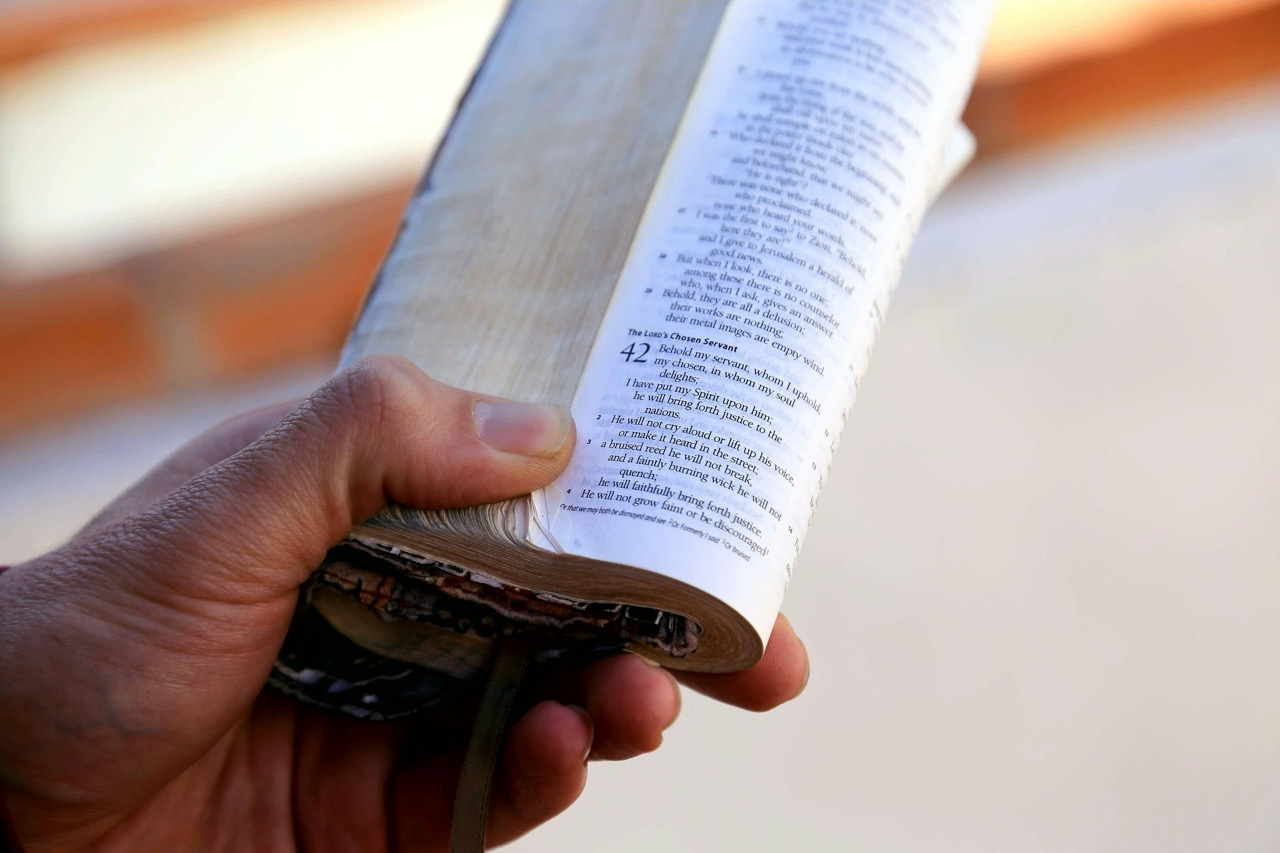The Importance of the Firstborn in Genesis

===
The concept of the firstborn holds a prominent place in the narratives of Genesis, serving as a crucial element that shapes the unfolding story of the Israelite people. The firstborn, often regarded with particular significance, plays a pivotal role in various familial and societal dynamics throughout the text. This article explores the importance of the firstborn within Genesis, aiming to illuminate the multi-faceted implications of this status, from individual characters to broader theological themes and cultural practices in ancient Israel.
Understanding the Role of the Firstborn in Genesis Narratives
In the Book of Genesis, the firstborn is often portrayed as possessing a unique position within the family structure. This status confers both privileges and responsibilities, directly influencing the trajectory of the characters’ lives and the broader narrative. For instance, the birthright of the firstborn typically includes a larger share of the inheritance, as seen in the stories of Jacob and Esau. Esau, as the firstborn, initially enjoys the rights and privileges associated with his status, but his impulsive decisions lead to the loss of his birthright, demonstrating how personal choices can impact one’s standing.
Furthermore, the firstborn often becomes a focal point in the narratives, shaping themes of rivalry, redemption, and divine purpose. The sibling dynamics between Cain and Abel, Isaac and Ishmael, and Jacob and Esau reveal how the firstborn’s role can elicit jealousy, conflict, and ultimately, a redefinition of familial relationships. These narratives underscore the notion that the firstborn is not merely a title but a catalyst for critical developments in the unfolding story of salvation history.
The recurring theme of the firstborn also reflects the theological implications of God’s sovereign choice. In several instances, God chooses the younger sibling over the firstborn—such as Jacob over Esau—illustrating that divine favor is not automatically tied to birth order. These stories serve to reorient the understanding of privilege and succession within the context of God’s overarching plan, emphasizing that God’s purposes often transcend human expectations and societal norms.
Key Biblical Figures: The Firstborn’s Influence and Legacy
Several key figures in Genesis exemplify the complexities associated with firstborn status. Cain, as the firstborn of Adam and Eve, is a poignant example; his offering is rejected, leading to fratricide and a legacy marked by estrangement from God and humanity. Cain’s story sets a precedent for the consequences of jealousy and sin, illustrating how the firstborn’s actions can reverberate through generations, affecting their descendants and the broader narrative of human history.
In contrast, Isaac, the firstborn of Abraham and Sarah, represents a fulfillment of divine promise. His status is underscored by the covenant God makes with Abraham, and although he is not the firstborn son of Abraham (Ishmael holds that title), it is Isaac through whom the covenantal lineage continues. This demonstrates that while firstborn status carries significant weight, it is ultimately God’s choice that determines the path of His covenant people, shaping their legacy.
Jacob and Esau’s rivalry further illustrates the complexities of the firstborn role. Esau, despite being the firstborn, loses his birthright due to his disregard for its value, and Jacob, though the younger sibling, becomes the patriarch of the Israelite nation. This narrative reflects a nuanced understanding of the firstborn’s influence, showing that while they may hold a position of prominence, the true legacy is shaped by faithfulness and obedience to God’s calling.
Theological Significance of Firstborn Status in Scripture
Theologically, the firstborn status in Genesis serves as a significant motif that carries implications for understanding God’s redemptive plan. The firstborn is often associated with divine favor and promise, as seen in the establishment of the covenant with Abraham and his descendants. This connection becomes even more pronounced in the New Testament, where Jesus is referred to as the "firstborn" (Colossians 1:15), highlighting His unique role in salvation history as the one through whom all things are created and reconciled.
Moreover, the concept of the firstborn is intricately linked to themes of sacrifice and atonement within the biblical narrative. In the Exodus story, the firstborns of Egypt are judged while the Israelite firstborns are spared, foreshadowing the sacrificial system that will be established later in the Law. This narrative not only emphasizes the importance of the firstborn in terms of divine protection and judgment but also underscores the necessity of a substitute for atonement, further deepening the theological significance of firstborn status throughout scripture.
Lastly, the firstborn’s role emphasizes God’s sovereignty in choosing and using individuals for His purposes, challenging the human inclination to view birth order or societal status as definitive markers of worth. The stories of the firstborn in Genesis encapsulate the tension between human expectations and divine intervention, ultimately suggesting that God’s grace can work through the unexpected and the overlooked, laying the foundation for a theology that celebrates God’s redemptive work through all of humanity.
Implications of Firstborn Traditions in Ancient Israelite Culture
In ancient Israelite culture, the traditions surrounding the firstborn were deeply ingrained, influencing societal norms, religious practices, and family dynamics. The firstborn son typically received a double portion of the inheritance, symbolizing his role as leader and protector of the family. This practice not only reinforced the hierarchy within families but also established a societal framework that emphasized the importance of leadership and responsibility associated with the firstborn.
The cultural significance of the firstborn extends to religious observance as well. The dedication of the firstborn to God, as seen in Exodus 13:2, highlights the belief that the firstborn belongs to the Lord due to His deliverance of the Israelites from Egypt. This dedication was not merely a practice of devotion; it was a societal expectation that served to reinforce the bond between God and His people, emphasizing the sacredness of the firstborn’s role within the community.
Additionally, the story of the firstborn provides insight into the broader cultural attitudes toward family and legacy in ancient Israel. The emphasis on lineage and inheritance reflects a deep concern for continuity and stability within the community. The firstborn’s status was intertwined with notions of honor and shame, influencing interpersonal relationships and social standing. Therefore, the narratives in Genesis and the traditions surrounding the firstborn reveal a complex interplay between individual identity, family dynamics, and communal values in ancient Israelite culture.
===
In conclusion, the importance of the firstborn in the Book of Genesis serves as a multifaceted symbol within the text, influencing characters, shaping theological themes, and reflecting cultural values in ancient Israel. The narratives surrounding firstborn figures such as Cain, Isaac, Jacob, and Esau reveal how this status can lead to both privilege and peril, demonstrating that the true significance of the firstborn is ultimately determined by fidelity to God’s will. As these stories continue to resonate throughout scripture, they invite readers to reflect on the nature of divine choice and the broader implications of legacy and identity in their own lives.




